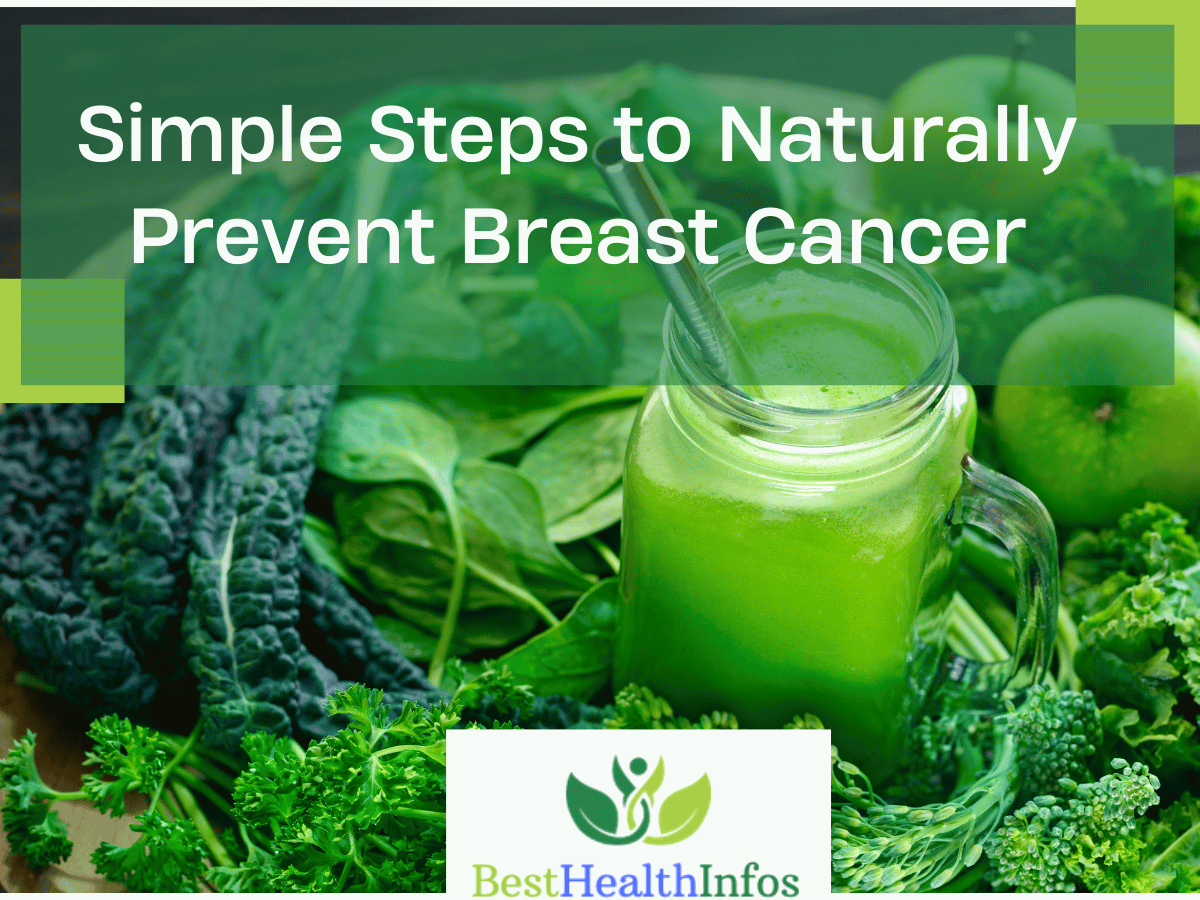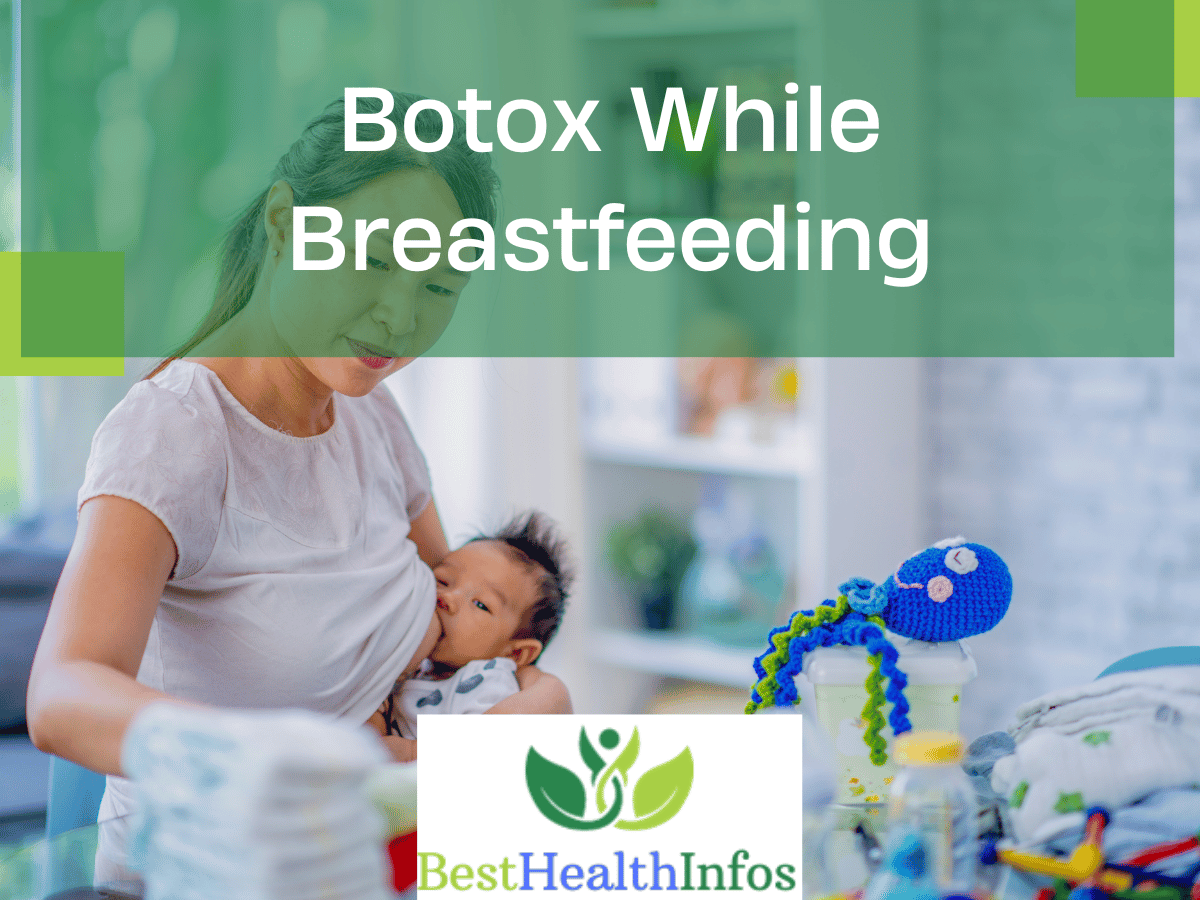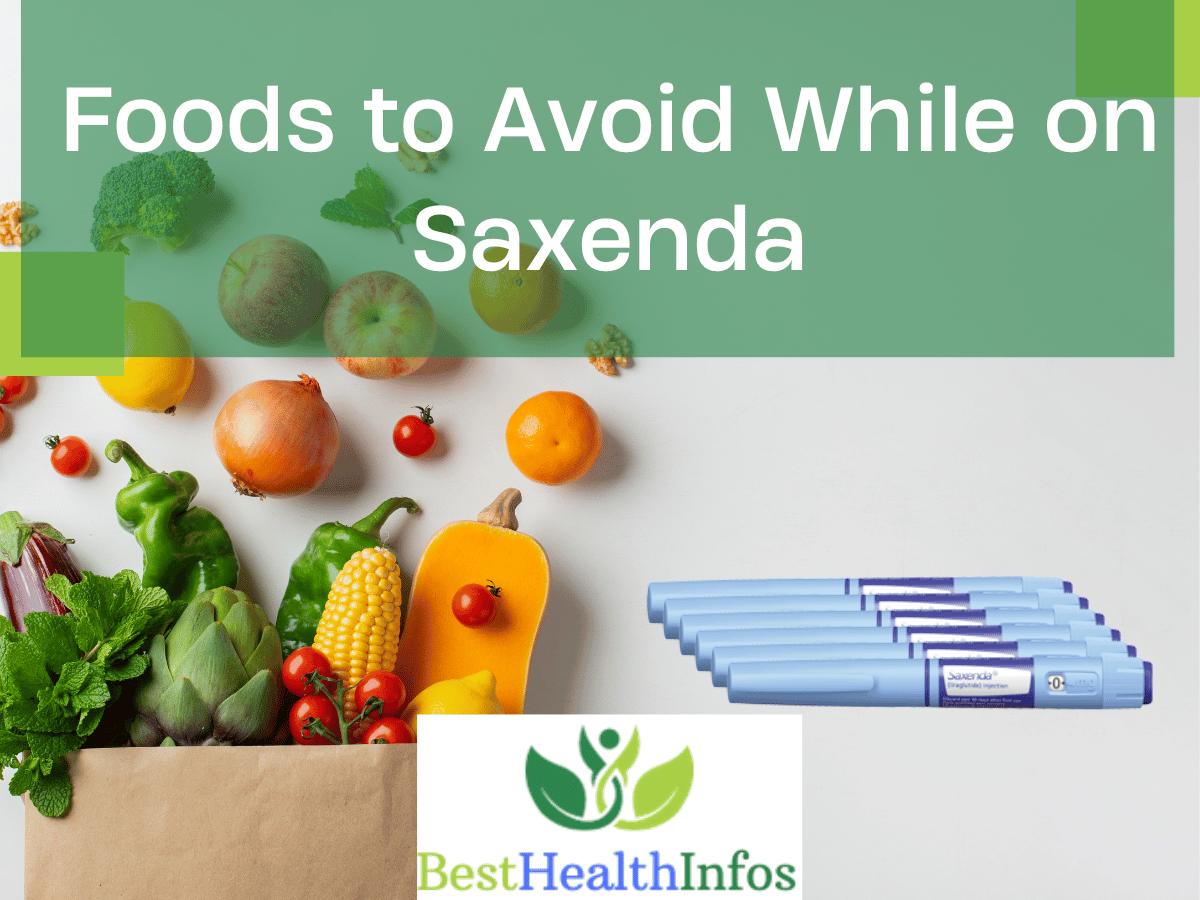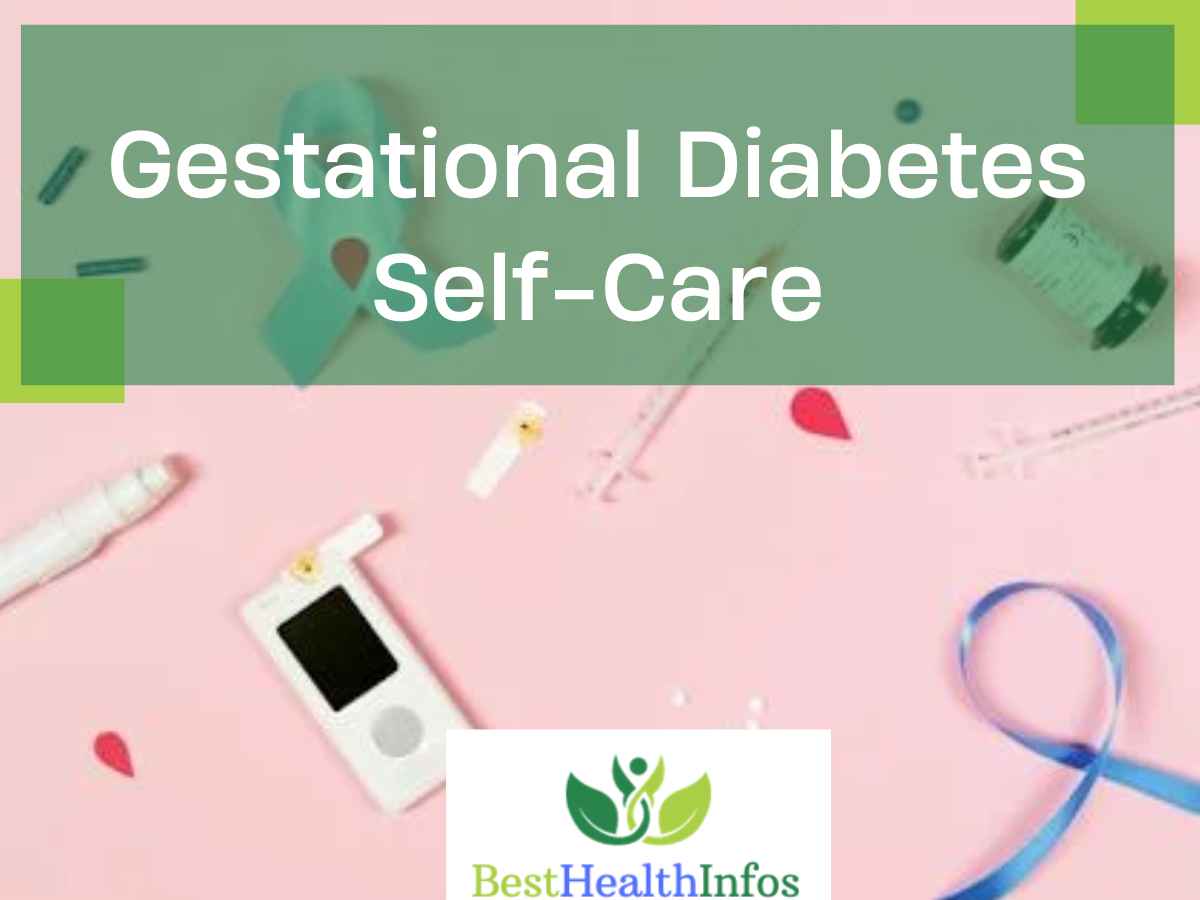Worldwide, women are often concerned about breast cancer; however, there are proactive steps you may do to naturally lower your risk. Even if there are other factors and genetics involved, just little lifestyle changes can have a big impact on preventing breast cancer. Here are a few easy things you may do to naturally support breast health.
Choose a Plant-Based Diet
Several research works address the connection between nutrition and health aspects, and the findings suggest how important certain food choices could be for avoiding different diseases such as female breast malignancy. One nutritional approach which has been explored by researchers for its purported health benefits is vegetarianism. Instead it comprises whole, plant based food as opposed to animals. We shall now take a close look at how breast cancer can be prevented by adopting a plant based diet.
Plenty of Phytochemicals
Anti-cancer potentials of phytochemicals exist in plant based diets. These are antioxidants e.g., flavonoids, carotenoids, and glucosinolates which protect the cells against free radicals’ damage. Varying intakes of those beneficial phytochemicals are guaranteed with different colorful fruit, vegetable, legume, and whole grain diet contents.
High in cellulose
Plant based diets are rich in fiber and this makes it have a lot of health benefits. Besides assisting in weight management and aiding digestion, fiber might be effective in preventing breast cancer. Some of the foods that can enhance the pleasure in the plant-based diet include whole grains, fruits, vegetables, and legumes.
Decreased Hormones and Animal Fat:
They usually contain huge amounts of saturated fats and sometimes even added hormones for animal products, particularly processed meats. Plant-based diets could lower or eliminate some of these animal fat and hormone exposures that may contribute to breast cancer risk. The consumption of plant-based fats is also better as these do not show any relation between inflammatory processes arising from an increased intake of saturated fats, which are associated with the development of different types of cancers.
Optimal Nutrient Distribution:
By incorporating a structured vegetarian meal plan, you can supply your body with everything crucial that it requires. Various plant foods like vitamins, minerals and antioxidants are healthy for general health while they may specifically be good for breast health. Important nutrients such as folate, vitamins c & e and phytonutrients which may control cell division and also maintain a healthy immune system.
Maintaining Weight:
Most importantly, it is established that obesity among women increases their chance of breast cancer especially when they are beyond menopause. Full servings of plant-based foods rich in nutrition is ideal for a calorie controlled diet plan. The fact that a plant-based diet is fiber rich makes one full easily and therefore it is not hard to remain slim.
Effect on the Environment:
Beyond the advantages for personal health, adopting a plant-based diet supports environmental sustainability. When opposed to diets high in animal products, plant-based diets often utilize less natural resources and have a lower carbon footprint. People can improve overall well-being by contributing to a better planet through their ecologically conscientious dietary choices.
In summary:
A fast and all-encompassing way of preventing breast cancer is by going plant-based. People will have colorful fruits, vegetables, healthy grains and plant based protein, diverse and filling diets promoting overall health and reducing risk of developing breast cancer. One should consult a doctor or a dietician before embarking on any major dietary change that may adversely affect their nutrition needs and balance the diet for the purpose of attaining good health objectives.
Related: Breast Cancer
Manage Stress Levels
Living in a fast-paced environment has made chronic stress widespread. Stress can cause health problems, including breast cancer, in addition to mental health issues. Stress management improves mental health and may prevent breast cancer. Focus on stress management and practical methods to adopt into your everyday practice.
Stress and Breast Cancer:
Cortisol and adrenaline imbalance can result from chronic stress. Hormonal abnormalities may cause inflammation and immune system changes, which may promote cancer. Chronic stress may accelerate breast cancer growth, making stress management an important part of preventive care.
Deep breathing and mindfulness meditation:
Stress management is enhanced by mindfulness meditation and deep breathing. These activities increase relaxation, lower stress hormones, and boost emotional health. Simply practicing mindfulness or deep breathing for a few minutes can significantly reduce stress. To relax, try guided meditation, focused breathing, or yoga.
Exercise regularly:
Physical activity helps manage stress and maintains a healthy weight. Workouts release endorphins, the body’s natural mood boosters, and relieve stress-related physical and emotional tension. To make exercise sustainable and fun, try walking, running, swimming, or yoga.
Setting Healthy Limits:
Stress management requires personal and professional boundaries. Say no, take care of yourself, and don’t overcommit. Clear boundaries minimize overwhelm and allow you to focus on relaxation and well-being.
Social Support:
A robust social network helps reduce stress. Discuss your feelings with loved ones or a support group. Social support gives a sense of belonging and encourages throughout tough times. Joining clubs, volunteering, or attending community events promotes beneficial social relationships.
Manage Time:
Effective time management reduces stress. Divide chores into simple chunks, prioritize vital tasks, and let yourself relax. Do not procrastinate, as it can create stress. Schedule management boosts productivity and mental health.
Hobbies and leisure activities:
Doing what you love relieves stress. Hobbies like reading, gardening, drawing, and music can relieve stress. Maintain a balanced and fulfilled lifestyle by scheduling time for fun and leisure.
Conclusion:
Stress management is crucial to breast cancer prevention. Mindfulness, regular exercise, appropriate boundaries, social support, and time management improve mental health and provide a robust foundation for a happier, more balanced existence. Stress management is personal, and finding what works for you is crucial to long-term mental and physical wellness.
Ensure Sufficient Vitamin D :
Vitamin D is a fat-soluble substance that aids bone development, immunity, perhaps cancer-prevention, among other functions. In recent times, they discovered that the level of vitamin D is very important and this includes fighting against cancer. Vitamin D importance, origin, and how to get it in order will be addressed here.
Vitamin D and Breast Cancer: Understanding the Link
Vitamin D improves bone and reduces breast cancer risk by modulating the immune system. Some research found that vitamin D helps limit cell growth.
Availability of Vitamin D:
Sun is the main source of Vitamin D production. Ultraviolet light B penetrates your skin and stimulates vitamin D synthesis. However, many factors may influence the amount of vitamin D produced by your skin. They include time of day or year, season or place, darkness of race. Some of these other good dietary sources of Vitamin D are egg yolk, fortified dairy products, fatty fish such as salmon and mackerel, and some types of mushrooms.
Added Information:
During times when enough vitamin D from food and sunlight becomes difficult to get, supplements may be prescribed. Remember, too much even of good can turn bad as well. Thus, always ensure to seek guidance on the appropriate amount of vitamin D required as an individual since requirements vary among people. A determination of one’s vitamin D levels by running a blood test may then direct your doctor toward recommending an appropriate supplementation routine.
Sunlight Guidelines:
For optimal vitamin D synthesis from sunshine, expose briefly but regularly. Depending on skin type and location, spending 10–30 minutes in the sun a few times a week can help maintain levels. However, excessive sun exposure without protection can cause skin cancer, so moderation is key. Never spend long periods in the sun without sunscreen and protective clothes.
Stable Levels:
Vitamin D levels require consistency. Consider regular, safe sun exposure, a vitamin D-rich diet, and, if needed, supplementation as prescribed by your doctor. Regular vitamin D monitoring might help you maintain a healthy balance.
Healthcare Professional Consulting:
Vitamin D needs vary by age, sex, health, and lifestyle. Personalized advice requires consultation with your primary care physician or qualified nutritionist. They can analyze your needs, advise on sun exposure, and offer dietary or supplement sources based on your health profile.
A proactive breast cancer preventive strategy is vitamin D maintenance. A balanced approach that includes safe sun exposure, a vitamin D-rich diet, and, if needed, supplementation under medical supervision improves your health. Make sure this vitamin is part of your daily routine to prioritize your health.
Limit Exposure to Environmental Toxins:
Modern life exposes us to environmental toxins, but actions can lessen the risks. Environmental contaminants can cause breast cancer and other illnesses. This article discusses decreasing environmental contaminants and suggests ways to make your home healthier.
Breast cancer and environmental toxins:
Endocrine disruptors, industrial chemicals, pesticides, and pollution are examples of environmental poisons. Breast cancer may be brought on by a few of these toxins. Endocrine disruptors, industrial chemicals, pesticides, and pollution are examples of environmental poisons. Breast cancer may be brought on by a few of these toxins. Inhibitors of hormonal balance can affect hormone-sensitive breast cancer growth.
Opt for Organic:
Fruits, vegetables, and cereals can have pesticide and herbicide residues from traditional cultivation. Choose organic vegetables to avoid these chemicals. Organic farming uses natural fertilizers and avoids synthetic pesticides, making it better for consumers and the environment.
Use Less Plastic:
Plastics have an impact on the endocrine system, particularly those that include BPA and phthalates. These compounds can leak into food and beverages when heated. Avoid microwaving plastic, use BPA-free plastics, and use glass or stainless steel containers for food and beverages to reduce exposure.
Filter the Water You Drink:
Municipal water systems may contain pollutants such as industrial chemicals, heavy metals, and chlorine. Investing in a water filtration system can help reduce exposure to these chemicals and provide a cleaner source of drinking water, whether it’s an under-sink, pitcher, or whole-house system.
Employ Natural Cleaning Supplies:
Harsh chemicals used in many conventional cleaning products can pollute indoor air and leave residues on surfaces. A toxin-free living environment can be achieved by making the switch to natural cleaning solutions or by producing your own using basic items like vinegar and baking soda.
Conscious Personal Care Decisions:
Cosmetics and toiletries are examples of personal care products that frequently include chemicals that can enter the body through the skin. Choose products with few additives, choose those labeled as “fragrance-free” or “phthalate-free,” and research natural alternatives. Reading the labels on your personal care items and learning about their contents is one of the most significant strategies to reduce your exposure to harmful substances.
Air Out Indoor Areas:
Paints, cleaning supplies, and household objects can all release contaminants into indoor air. By often opening windows and using air purifiers, you can ensure adequate ventilation. This lowers the amount of indoor pollutants and promotes the circulation of fresh air.
Pay Attention to Workplace Exposures:
There are certain jobs that expose workers to chemicals and other contaminants. If your profession entails handling potentially hazardous materials, adopt the appropriate safety measures, such as donning protective gear, adhering to safety regulations, and promoting a secure workplace.
Environmental pollution reduction is a proactive, self-empowering breast cancer prevention strategy. Making informed choices about our products, food, and environment reduces our risk of exposure to harmful substances. Promoting personal and social environmental and health-conscious habits makes the planet safer and healthier.
Stay Hydrated with Water
Hydration is essential for life and wellness. Hydration helps prevent breast cancer in addition to supporting body functions. Hydrating with water can lower breast cancer risk, as discussed in this article.
Healthy Cells and Detox:
Hydration is necessary for cell function, including breast tissue cells. Water aids cellular activities like nutrient transfer, waste elimination, and health. Hydration aids the body’s detoxification and prevents toxic compounds from accumulating.
Managing Hormones:
Proper hydration affects hormonal balance, which affects breast cancer risk. Water regulates hormone production and activity, optimizing the endocrine system. Hydration is important for hormonal balance because estrogen imbalances, especially high estrogen levels, increase breast cancer risk.
Immune Support:
To recognize and eliminate aberrant cells, including malignant ones, the immune system is crucial. Hydration helps immune cells move throughout the body. Dehydration can weaken immunological responses, making the body more susceptible to infections and affecting its capacity to identify and clear aberrant cells.
Chronic Inflammation Prevention:
Chronic inflammation increases illness risk, including cancer. Hydration aids the body’s anti-inflammatory activities, preventing chronic inflammation. Maintaining a good inflammatory balance with hydration is easy yet effective since chronic inflammation promotes cancer.
Optimizing Cellular Microenvironment:
Hydration improves cell microenvironment. Well-hydrated cells support biochemical reactions, structural integrity, and gene expression with fluids. A good cellular microenvironment promotes cell health and may prevent cancer.
Healthy Lifestyle and Weight Management:
Weight control and breast cancer prevention need staying hydrated. Water before meals controls appetite, promotes satiety, and reduces overeating. Water is healthier than sugary drinks because it reduces empty calories and added sugars, which are connected to health problems including cancer.
Ideal Breast Health:
Hydration promotes breast health. Well-hydrated breast tissue is more flexible and may evacuate toxins and waste better. Water is a basic part of a healthy diet, regular exercise, and other preventive measures, but it cannot guarantee breast health.
Hydrating prevents breast cancer simply and effectively. Daily practice of this foundational technique improves cellular health, hormone balance, immunological function, and well-being. You can reduce the risk of breast cancer and other health issues by prioritizing hydration. Hydration should be part of your healthy lifestyle, so respond to your body’s thirst cues.
Incorporate Turmeric into Your Diet
Traditional medicine uses turmeric, which may prevent breast cancer. This article describes turmeric’s medical effects and how to eat it everyday to boost your health.
Curcumin’s Cancer Prevention:
Turmeric contains anti-inflammatory and antioxidant curcumin. Numerous studies suggest curcumin helps treat and prevent cancer, notably breast cancer. It targets cancer genesis, development, and dissemination molecular pathways, making it a promising natural cancer prevention method.
It reduces inflammation:
Turmeric’s anti-inflammatory qualities are well-known, and chronic inflammation increases cancer risk. Curcumin may reduce cellular inflammation, making cancer cell growth less likely.
Antioxidant Defense:
Turmeric contains antioxidants that fight free radicals. Unstable chemicals called free radicals destroy cells and cause cancer. Curcumin’s antioxidant qualities help the body fight oxidative stress.
Improved Immunity:
Curcumin modulates immune cell function, helping them identify and kill aberrant cells, including malignant ones. Cancer prevention and control require a strong immune system.
Practical Turmeric Uses:
- Golden Milk:
Mix turmeric with warm milk (dairy or plant-based), a pinch of black pepper (which boosts curcumin absorption), and a little sweetener like honey or maple syrup to make a calming golden milk.
- Curry:
Many curry dishes use turmeric. Add it to vegetable, lentil, or chicken curry meals for flavor and health.
- For turmeric tea, soak grated or powdered turmeric in boiling water. Spice it with ginger, lemon, or cinnamon.
- Add a teaspoon of turmeric powder to smoothies for extra nutrients. It makes a delicious, healthy drink when mixed with fruits, vegetables, and liquid.
- Turmeric pills:
If eating turmeric is difficult, try supplements. To ensure they meet your health needs, see a doctor before adding supplements to your routine.
Matching Turmeric with Healthy Fats:
Curcumin is fat-soluble and better absorbed with lipids. To maximize turmeric’s bioavailability and health advantages, combine it with olive oil, coconut oil, or avocado.
Careful Considerations:
Turmeric is innocuous as a dietary spice but can interact with medications and be used medically. Consult a doctor if pregnant, nursing, or unwell.
Turmeric is a tasty and potentially effective breast cancer prevention food. By adding curcumin to your food, you can boost its flavor and health advantages. Turmeric is a tasty addition to your diet and a proactive step toward health.
To sum everything up :
Finally, simple lifestyle modifications can greatly reduce breast cancer naturally. Tips include eating a plant-based diet, controlling stress, getting enough vitamin D, avoiding pollutants, staying hydrated, and adding turmeric. These habits boost well-being and encourage breast health. Making informed choices and sticking to them can improve health and longevity.
Frequently Asked Question :
1- How to avoid breast cancer?
To lower breast cancer risk:
- Go plant-based.
- Practice mindfulness and exercise to reduce stress.
- Get enough vitamin D from sunlight or supplements.
- Choose organic and reduce plastic to reduce environmental toxins.
- Drink water.
- Consider eating turmeric for its health advantages.
2- What foods are linked to breast cancer?
An increased risk of breast cancer has been associated with highly processed foods, processed and red meat consumption in excess, sugary drinks, and a diet heavy in saturated fats. To avoid breast cancer, go for a plant-based, balanced diet rich in whole foods.
3- Can you live 20 years with breast cancer?
Breast cancer survival rates are highly variable and depend on various factors such as stage, treatment, and personal health. Many patients who receive effective therapy and continued care live well past the age of 20. Long-term outcomes are enhanced by early identification and advancements in medical therapy. Effective management of breast cancer requires routine screenings and consultations with medical professionals.
4- What is the No 1 cause of breast cancer?
While there isn’t one primary cause, age, gender, family history, and specific genetic abnormalities are risk factors. Lifestyle factors also come into play, including alcohol intake, obesity, and hormone replacement medication. A healthy lifestyle and routine tests can help lower the risk.
5- How do I keep my breast healthy?
A plant-based diet, stress management, physical activity, moderation in alcohol consumption, abstinence from tobacco, and routine breast self-examinations and tests are all ways to preserve breast health.




2 thoughts on “Simple Steps to Naturally Prevent Breast Cancer”